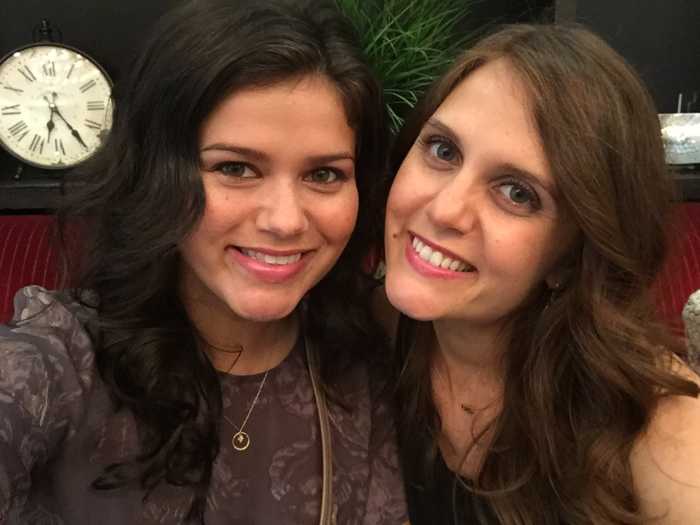Next time, if there is a next time, he want’s a more even playing field.
So said Republican City Council candidate Joe Nardiello as he demanded the city’s Campaign Finance Board (CFB) ensure “clean elections” in the future during the agency’s 2009 Post Election Hearings held on December 1 and December 2.
Although there was little mud-slinging in his run for the 39th District in Park Slope and Carroll Gardens, Nardiello, who received sixteen percent of the vote, coming in second to Democratic nominee Brad Lander, said that the CFB could control costs and promote stronger competition by giving candidates equal sums of public funds.
“A qualifying NYC City Council candidate should be given $30,000 for contested primaries and $30,000 for contested general elections,” he said, giving an example. “This will reduce patronage and influence when donors select which candidate is ‘most easily bought’ and deciding which to support.”
“It should be low enough to require budgetary planning and responsibility and to force the candidates themselves out into the communities they represent with much more visibility rather than behind legions of hired Craigslist volunteers,” he added.
Currently the CFB doles out six-to-one matching funds for the first 75 city residents who had contributed to their campaign. City Council candidates received a maximum public fund contribution of $88,550.
Nardiello prided himself on not taking public money in his election.
Besides leveling the stacks, Nardiello encouraged the CFB to demand that candidates return the public funds that they did not use in the election.
“Even today, many ex-candidates are now sitting on slush funds created by our tax revenue,” he said. “Hundreds of thousands in public funds sit collectively in bank accounts of former NYC candidates. In this third year of the great recession may be better used for public education, services and salaries.”
Nardiello also encouraged the CFB to pressure the Board of Elections to update their voter databases (which he said were off by thirty percent in his district) and tinker with the voter guide they create.
Instead of having the candidates provide biographies, they should be based on “fairness and fact” he said. Candidates should also be allowed to alter their write-ups after the primary, so a mistake that occurred in their race — when Lander wrote that he was the only public school parent running (a fact in the primary voter guide, not in the general election voter guide), would not be repeated.
Nardiello was one of 35 people to testify at the post election hearings. Some of his ideas conflicted with other speakers, especially with Manhattan City Councilwoman Inez Dickens, who recommended that candidates who “do not spend the maximum amount and have matching funds left in their campaign accounts should be allowed to roll over these funds into a political action committee.”
“This would help not just incumbents, but even first time challengers,” she said. “Even if a candidate lost an election, with the money left over that candidate could have a base for the following election cycle or to help support other candidates in their races.”
The city doled out over $27 million to 137 candidates in the 2009 city elections — nearly $2.5 million more than they did in 2005.






















